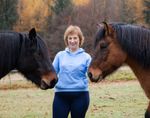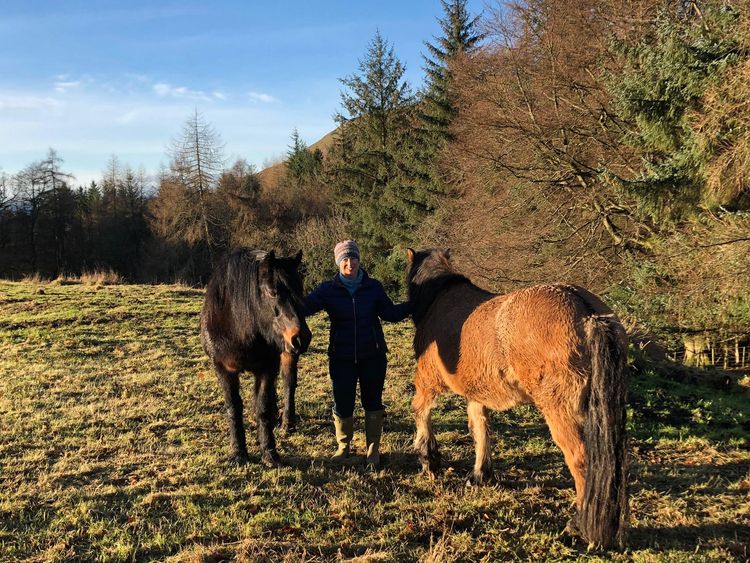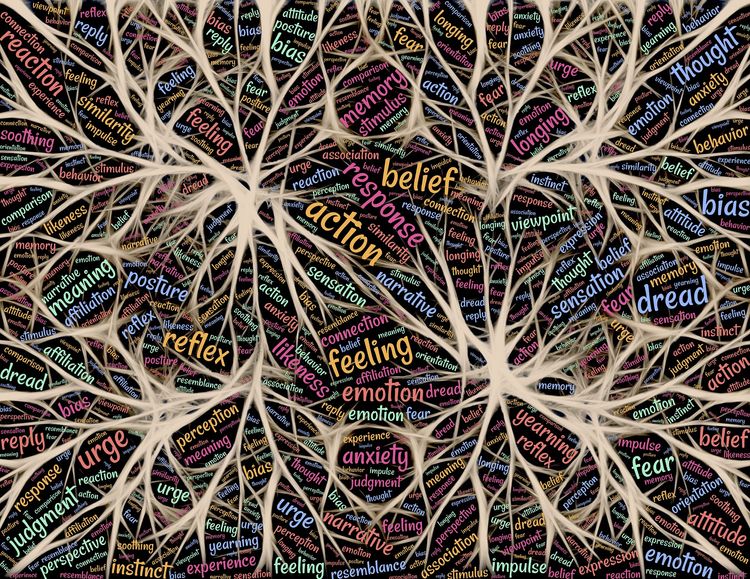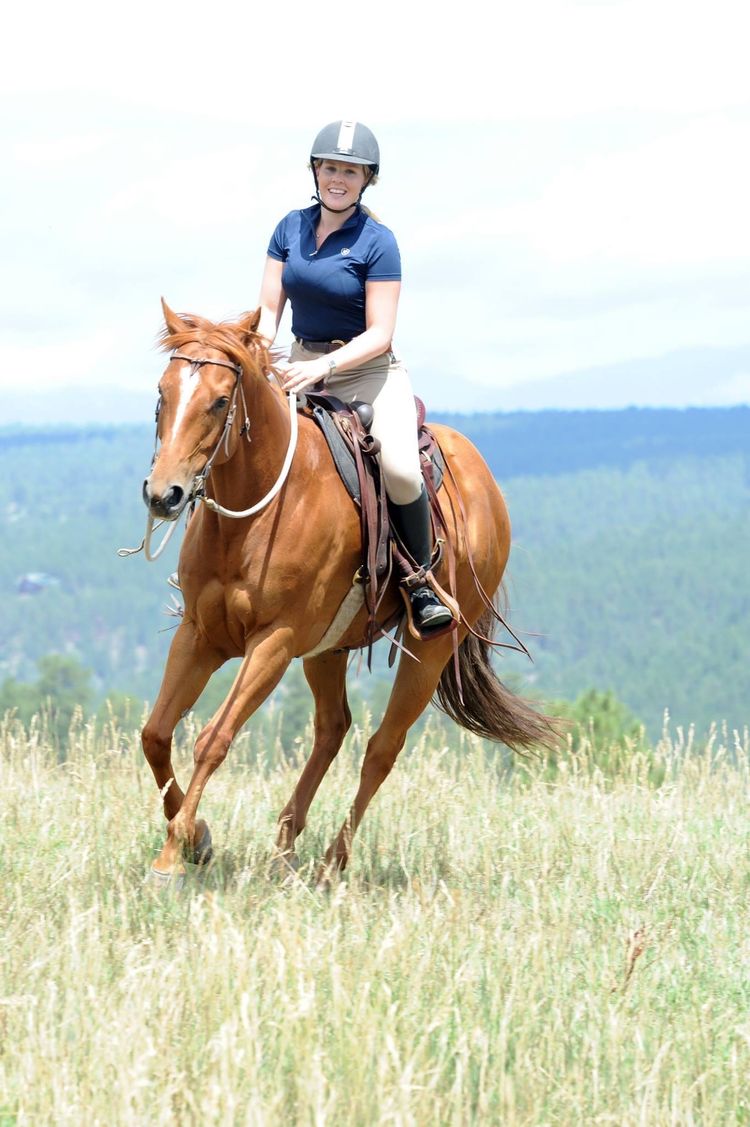Role Models...Good Idea. Unhelpful Comparisons...Bad Idea!
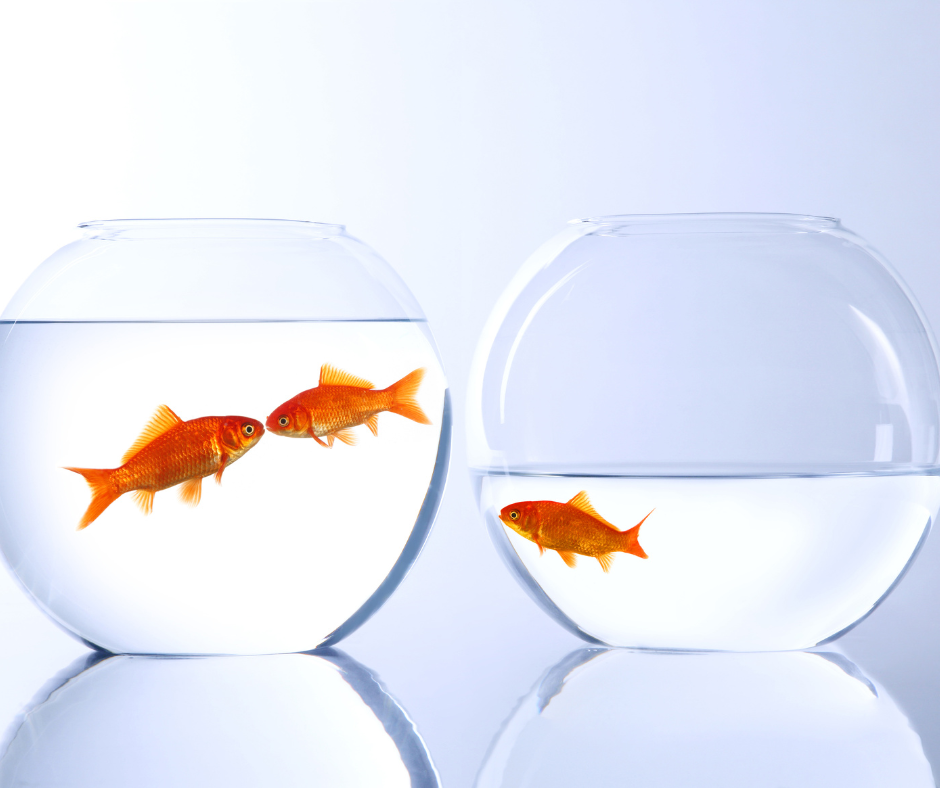
Ok let's get the bad idea out of the way first! We've all done it and I'm sure you know how it goes.....
You look around and see all of those "successful" people and start comparing yourself to them, ending up feeling bad about yourself and as though you could never achieve what they have done. Result.....you feel jealous, negative and fed up and then perhaps even give up trying.
This way of unhelpful thinking might go all the way back to primary school where you perhaps saw the sportiest or most popular person in your class and started comparing yourself negatively to them.
You may have taken this way of thinking on board during your upbringing if you were being told things like "Why can't you be more like your brother/sister/cousin or other "perfect child" and this can lead to a lifetime of feeling as though you are not enough simply being your own unique self.
This tendency towards negative comparison might continue into adulthood and into your riding life, your work life and within your peer group. Perhaps you see other riders enjoying various degrees of success and instead of being able to celebrate that success, you find yourself thinking "it's not fair", "Why can't I be like her/him?", "I'll never be able to do that", "They're so much better than me, I'm rubbish!".
This type of unhelpful comparison can lead to feelings of dejection, demotivation and generally feeling upset and negative towards yourself.
A different way around making these unhelpful comparisons is to switch it round and finding yourself a couple of positive role models. A role model is someone you admire and whose behaviour, or aspects of their behaviour, you then try to emulate.
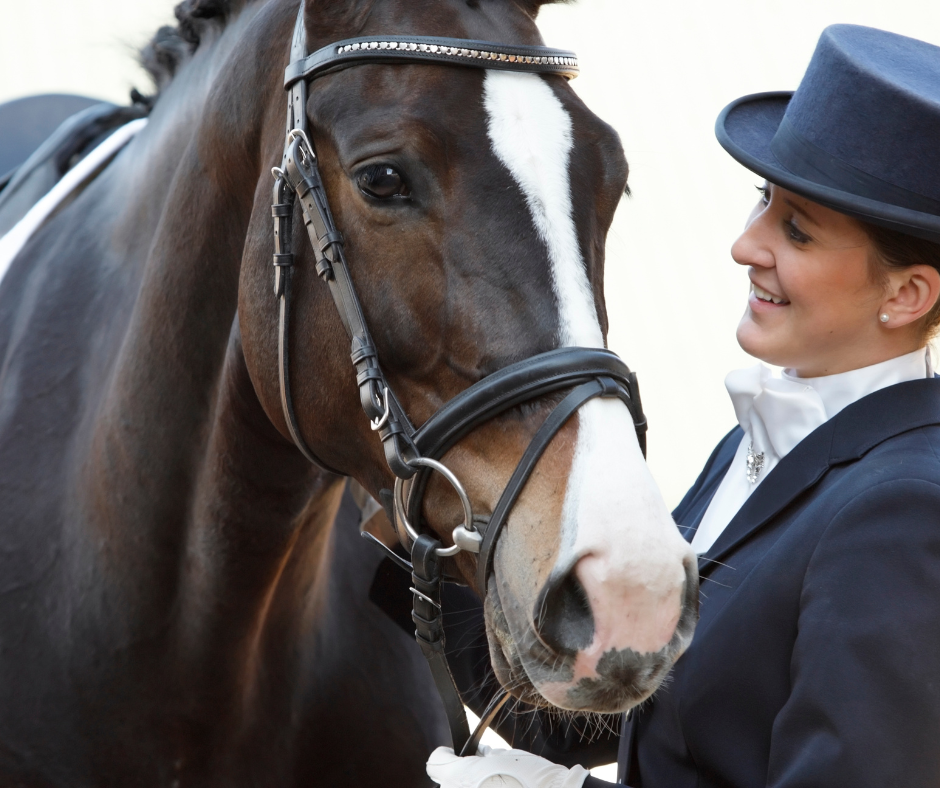
I believe that having a role model can be a helpful and a positive benefit which can help you to imagine your goals and work towards fulfilling them.
Think of some well known equestrians whose careers you may have followed for years. What is it you admire about them? Is it their dedication, hard work and mental strength? Is it their horsemanship? Is it their ability to learn from mistakes? Do some research on them and find out more about what goes on behind the scenes which leads them to have the public success.
Or perhaps, on a more local level, look around at those riders you come across who you admire. What is it that you admire about them? What can you learn from them? Which of their attributes can you work on developing in your own riding or your own horsemanship?
How can you then apply what you have learned to your own riding, your own life and your own way of thinking?
Jane Brindley.
(A version of this piece was first published in my own blog and has been edited for Equitas.)


